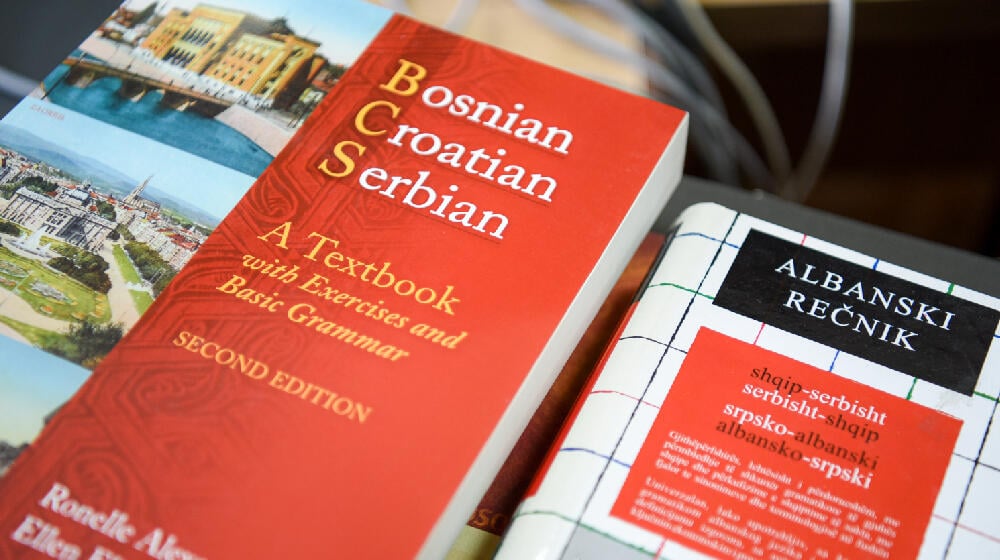Two students at the University of Pristina, Suzana Marić, originally from Serbia, and Redon Shishko, an Albanian from Kosovo, have embarked on a four-year journey to study Albanian and Serbian languages respectively. Their aim is to foster intercultural understanding and cooperation in Kosovo through language proficiency.
Redon Shishko is one of 17 students enrolled in the Balkanistics Bachelor’s degree - the newest programme at the University of Pristina’s Faculty of Philology. This degree offers language courses in Albanian and Serbian, as well as the opportunity to study the literature, culture, and history associated with the region. Motivated by his curiosity about the multicultural environment in Kosovo, where Albanian, Turkish, Serbian, Romani, and other languages are spoken, Redon felt compelled to embrace the challenging four-year programme as a means to learn new languages and expand his understanding of other communities.
“The choice to start this programme at the University of Pristina is not just about acquiring new language skills for me," says Redon. "I see it as a path to expanding my career prospects and gaining valuable insights into the diverse cultures of our Balkan neighbours. Building strong relationships between communities in Kosovo is crucial, and language plays a significant role in fostering mutual understanding and cooperation," he adds passionately.
Similarly, Suzana shares her aspirations for studying Albanian within the same programme stating "My goal is to immerse myself in the Albanian language and culture in Kosovo. Through this journey, I hope to unlock a wealth of literature, music, art, and other cultural expressions of the Albanian identity." She also believes that learning new languages will not only expand her personal and professional network but also bridge cultural divides, facilitating better communication and appreciation among different communities. Suzana expresses her enthusiasm, "I am looking forward to connecting with peers from diverse backgrounds, as it will pave the way for a more harmonious and inclusive society in Kosovo."
Both students share a common goal of achieving proficiency in each other's languages, recognizing the impact it will have on their personal growth. Their dedication extends beyond personal interests as they aim to contribute to enhanced intercultural communication and foster harmonious coexistence among the diverse communities in Kosovo and the broader Balkan region.
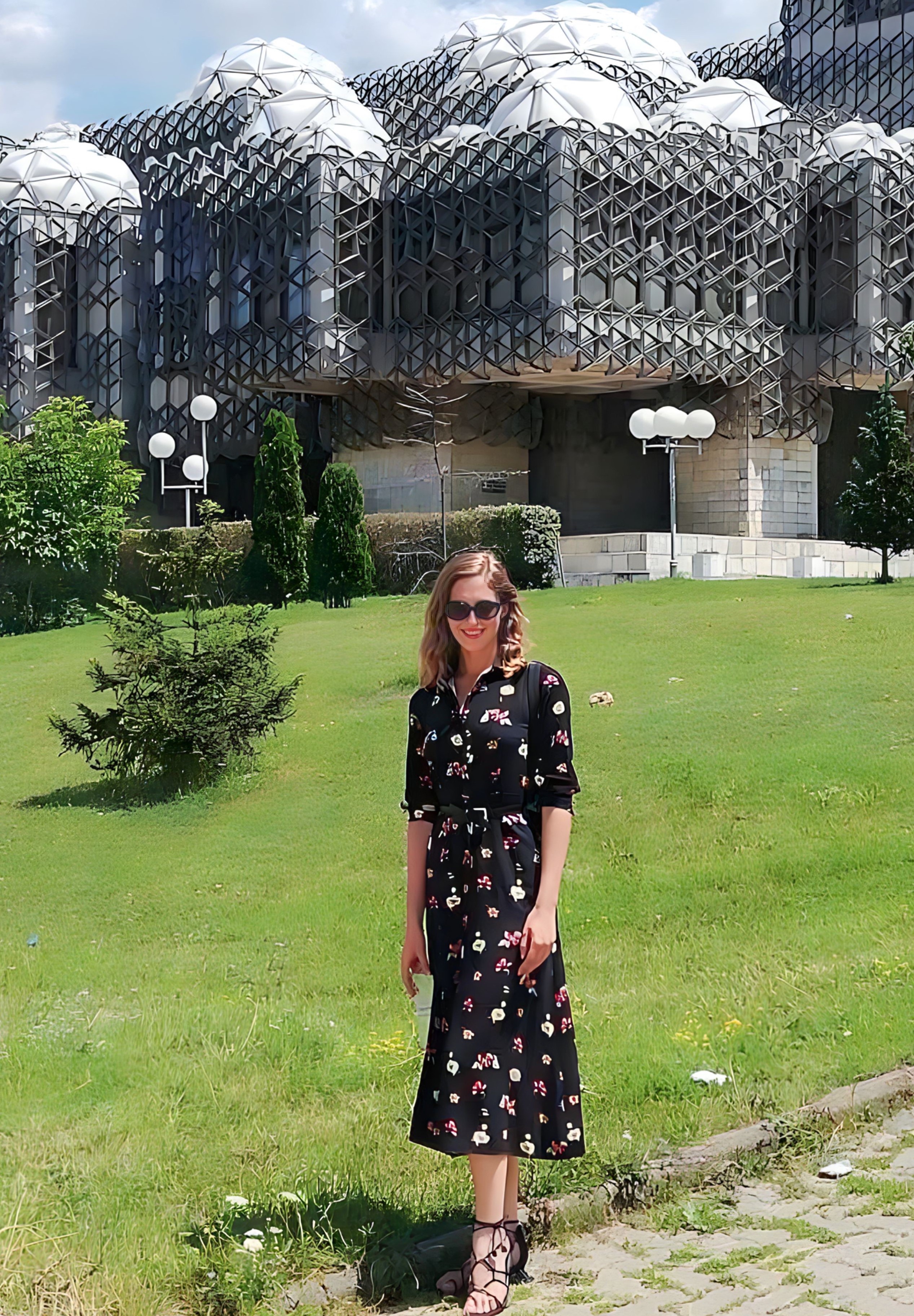
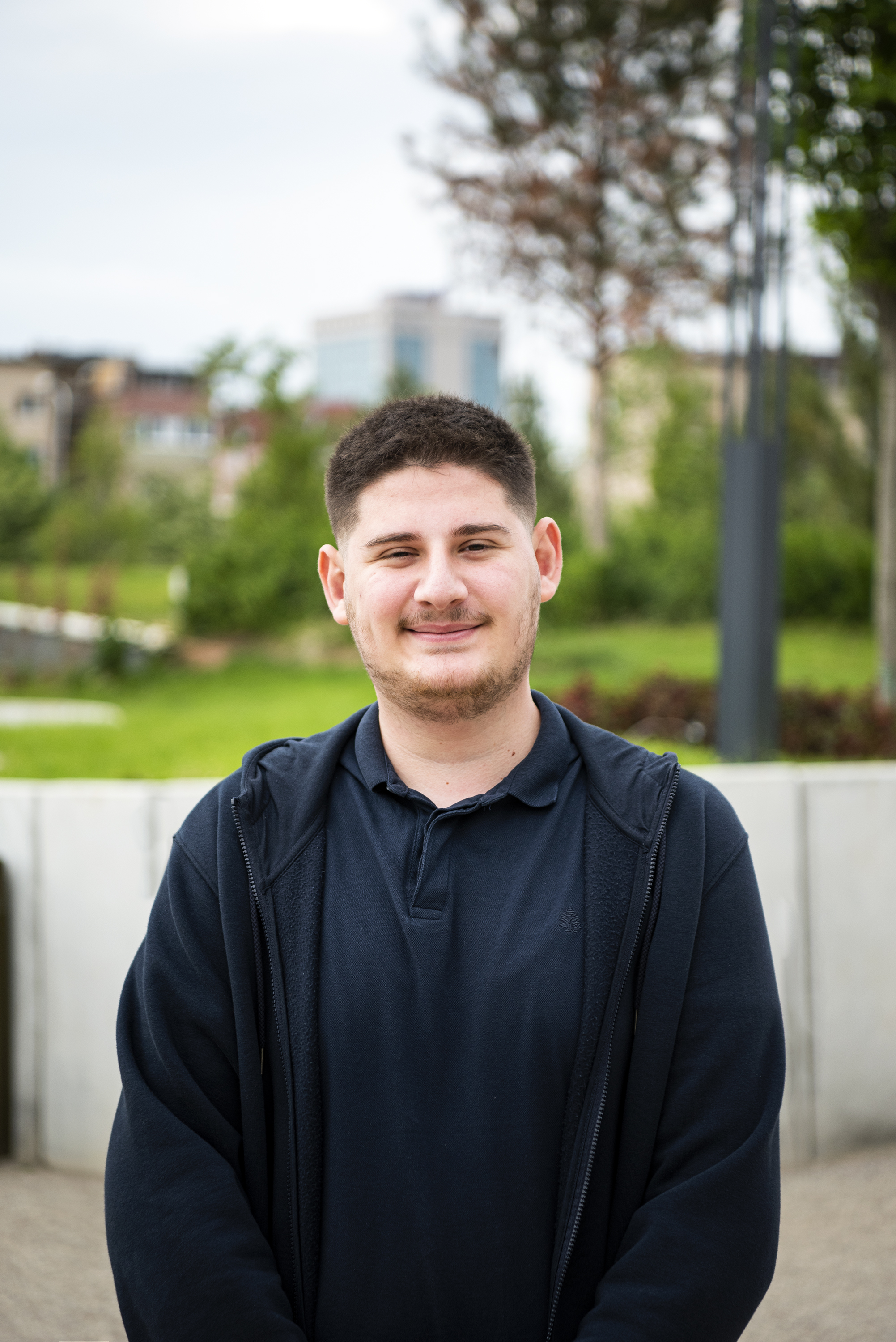
Learning new languages is valuable in today's globalized world.
The importance of language in the Balkans cannot be underestimated, especially given the region's history of conflicts and complex relations. Being proficient in multiple Balkan languages is essential for fostering mutual understanding, building relationships, and promoting cooperation among diverse countries and communities. Additionally, multilingual skills have broader impacts on social, cultural, economic, and educational interactions, while also creating various employment opportunities.
For the younger generations, in particular, who may have been impacted by the political upheavals and conflicts of the 1990s, language can act as a catalyst for healing and reconciliation. This linguistic bridge can help break down prejudices, foster friendships, and build a more peaceful and prosperous future for the Balkans. In the realm of diplomacy and politics, effective communication is essential for resolving conflicts, negotiating agreements, and promoting regional cooperation.
Serbian is required for the job market.
The Balkanistics programme is the newest degree offered by the Faculty of Philology, which has been established with the aim of offering young people from various communities in Kosovo the chance to learn each other's languages. The programme has reintroduced the Serbian language in Kosovo’s academic environment. According to Lindita Sejdiu Rugova, Dean of the Faculty of Philology, this development was driven by the demands of non-Albanian-speaking communities, including Serbs, Bosniaks, and Gorani people, to have programmes in their own language.
"The primary focus of Balkan Studies for the first two years is language learning, where Albanians will learn another Balkan language, while non-Albanian communities will learn Albanian," said Sejdiu Rugova. As Kosovo is a multilingual and multicultural environment, she emphasized that the motivation for Albanian students to learn Serbian primarily lies in facilitating employment opportunities and regional interaction in the Balkans.
A report released in 2021 by the Office of the Language Commissioner in Kosovo revealed that the current employment of language professionals in central and local institutions, as well as in the justice and private sectors, falls short of meeting the required demand. According to the report, there is a shortage of 168 language professionals for central-level institutions, 204 for local-level institutions, 147 for justice departments, and 100 for the private sector.
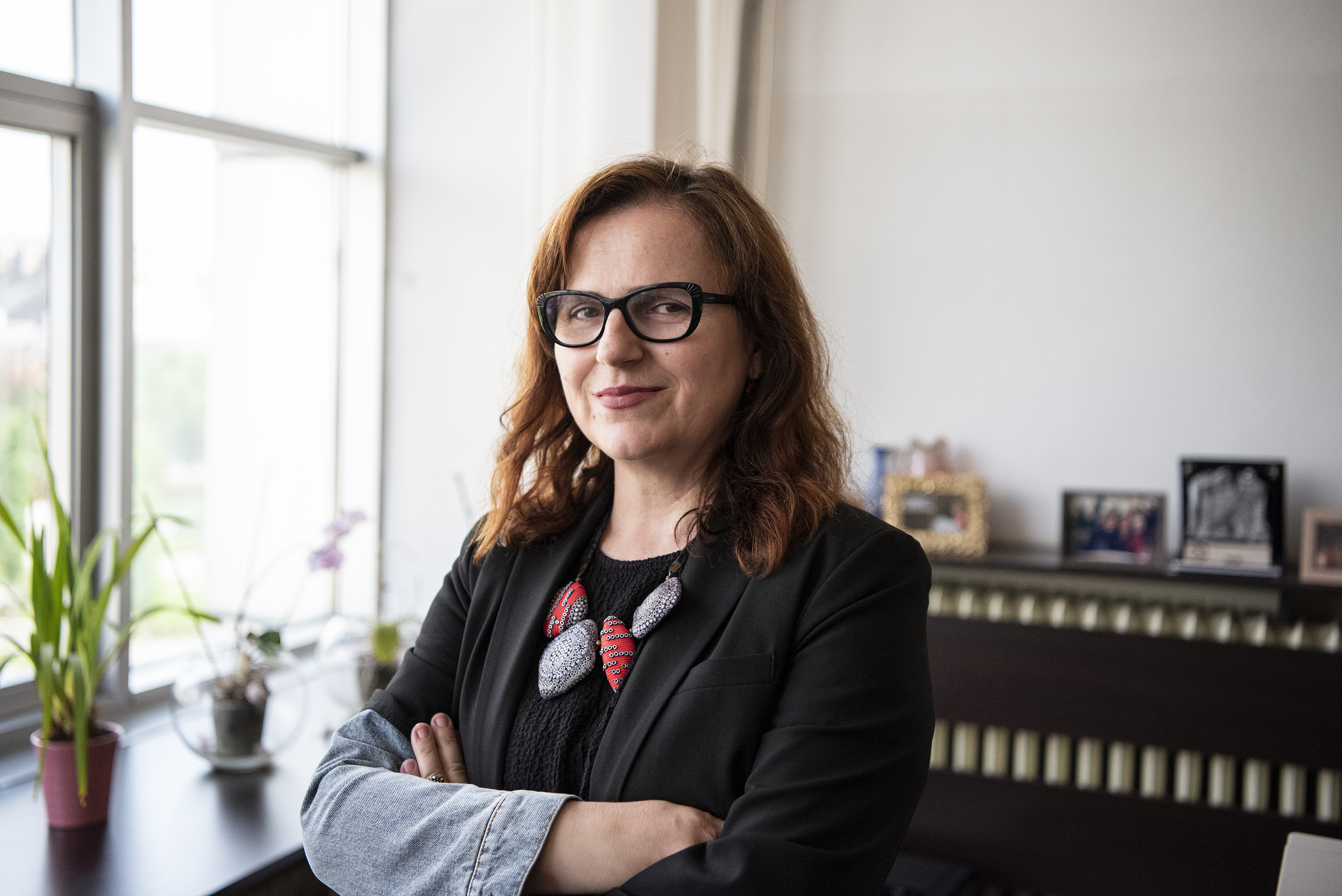
"Market analyses indicate that many institutions, especially courts, have unfinished cases due to a lack of Albanian-Serbian-Albanian translators," explained Sejdiu Rugova, further emphasizing the need for language professionals in Kosovo.
Seniha Krasniqi, the head of the Balkan Studies department, expressed a similar view, stating that the programme is also designed to address the high number of unfilled job vacancies in fields such as linguistics, translation, teaching, interlingual and intercultural communication.
"Upon completion of the programme, students can explore various job prospects, including roles as translators, teachers, advisors on Balkan affairs for governmental and non-governmental organizations, experts in regional communications, and specialists in Balkan cultural and historical matters”, she added.
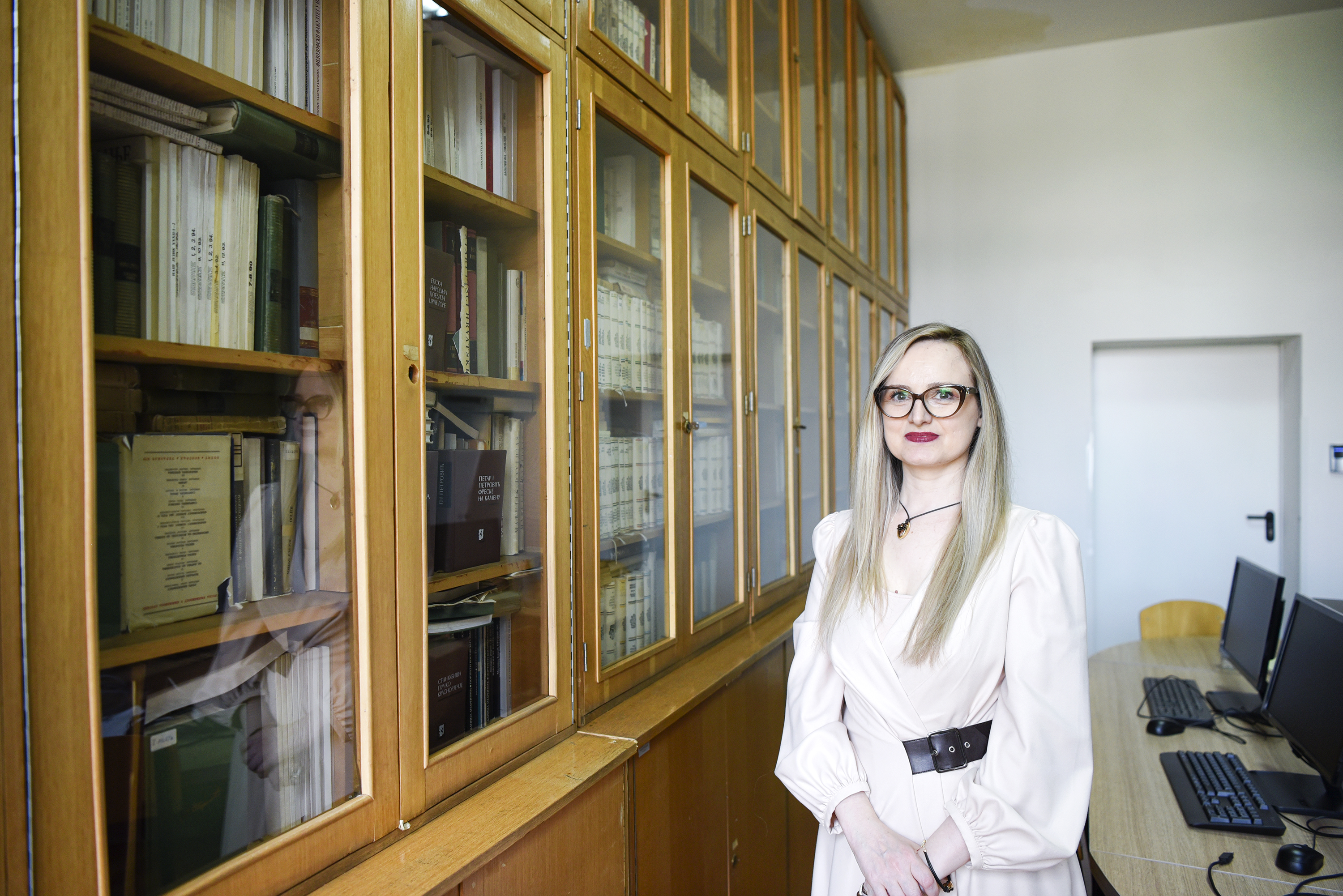
Balkan Studies" also enables a deep understanding of Balkan culture.
In addition to its focus on language skills for future employment, the Balkanistics programme includes field trips to research and explore the rich cultural diversity of the region. In May, the students enrolled in the programme, along with Polish students visiting as part of an Erasmus exchange, visited prominent Kosovo landmarks. This visit was made possible through financial support from the Organization for Security and Cooperation in Europe (OSCE). The students explored historical and cultural landmarks such as Ulpiana, the Patriarchate of Pejë/Peč, Graçanice/Gračanica, religious sites in Prizren, as well as the Novoberda/Novo Brdo Castle and one of the shrines in Mazgit.
The sociologist Artan Muhaxhiri emphasizes that having more students who have proficient Serbian speaking and writing skills will undoubtedly have a positive impact on both the quality and quantity of information disseminated in the region’s public sphere. By fully integrating Kosovo's perspectives in neighbouring countries like Serbia, the region stands to gain significant cultural and intellectual empowerment.
Moreover, the inclusion of Serbian language learning within the Balkanistics programme degree opens up opportunities for collaboration, publications, and the dissemination of cultural and journalistic content from Kosovo. This is important because there are numerous shared interests and crucial topics of mutual significance among neighbouring countries.
"If the translation of the work of a Kosovar writer or researcher proves successful in the Serbian public sphere, the same as that of a Serbian writer or researcher in the Kosovar public sphere, this will encourage further mutual translations ", Muhaxhiri added, emphasizing that this opens up new professional horizons and employment opportunities.
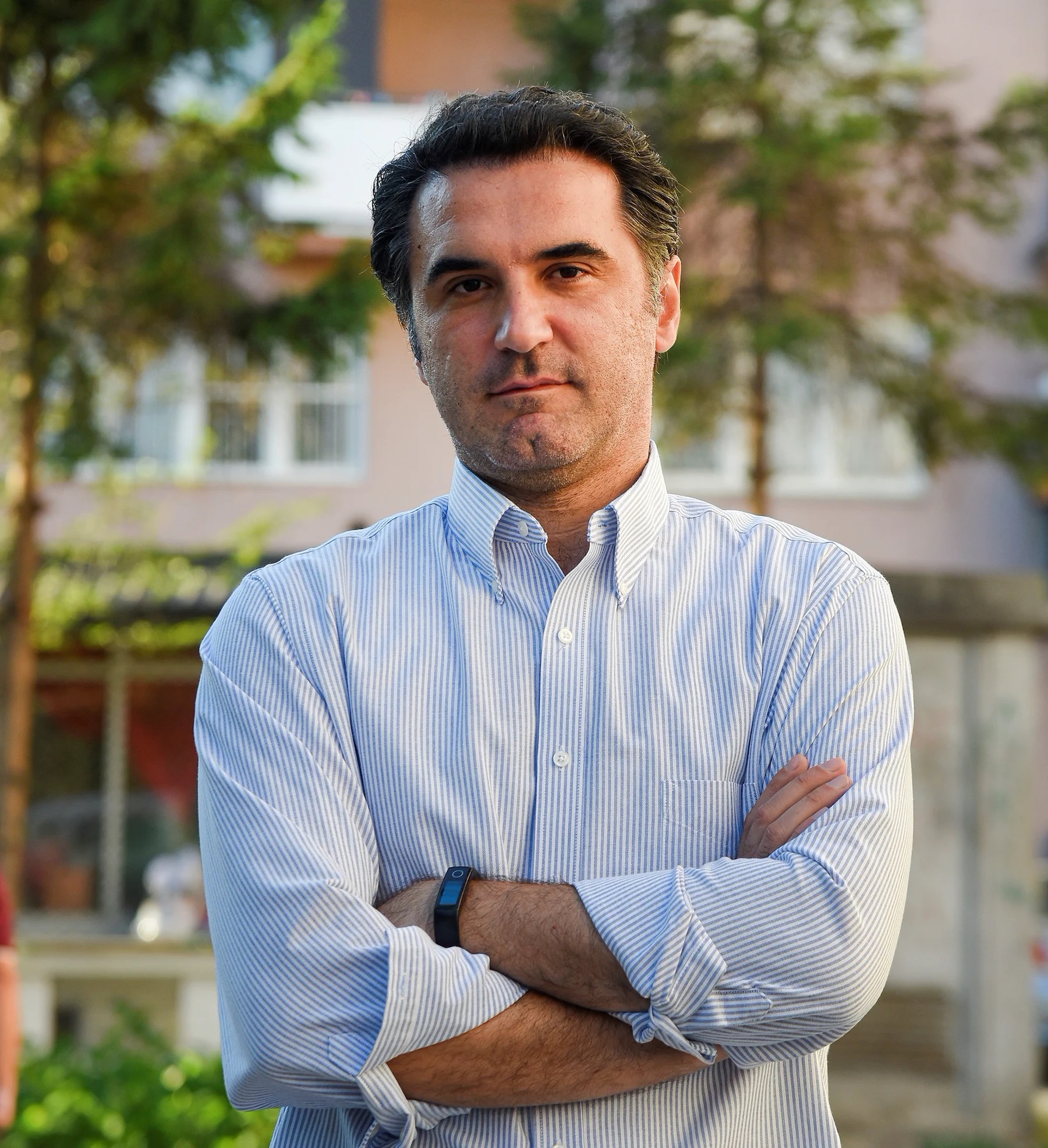
The Balkanistics programme also encompasses the Language Center, which promotes language education and training by providing courses in multiple languages, certification for language proficiency, and high-quality translation services.
An international support group, including the British Embassy in Pristina, the International Organization for Migration (IOM) Kosovo and the OSCE Mission in Kosovo, has worked intensively with the relevant institutions (University of Pristina, Faculty of Philology, the Ministry of Education, Science and Technology, the Office of the Commissioner of Languages and the Accreditation Agency) to support the department during the process of revalidation of the Balkanistics programme.
Since its establishment in 2021, the Balkanistics programme has been very successful and received high praise in the European Commission's 2022 Report for Kosovo. The report emphasized the successful partnership between the programme and the Language Center, which has offered new “opportunities for Kosovo majority and non-majority students to learn regional official and foreign languages.”
Story written by Laureta Sopa, UN Local Community Volunteer /Young Journalist, from Kosovo.
Ms. Laureta Sopa is one of 10 young journalists working in placements in different media organizations and outlets as part of the Young Journalists programme implemented in Kosovo by UNFPA and UNDP. The project is part of the joint-UN regional initiative "Youth 4 Inclusion, Equality & Trust" generously supported by the United Nations Peacebuilding Fund.
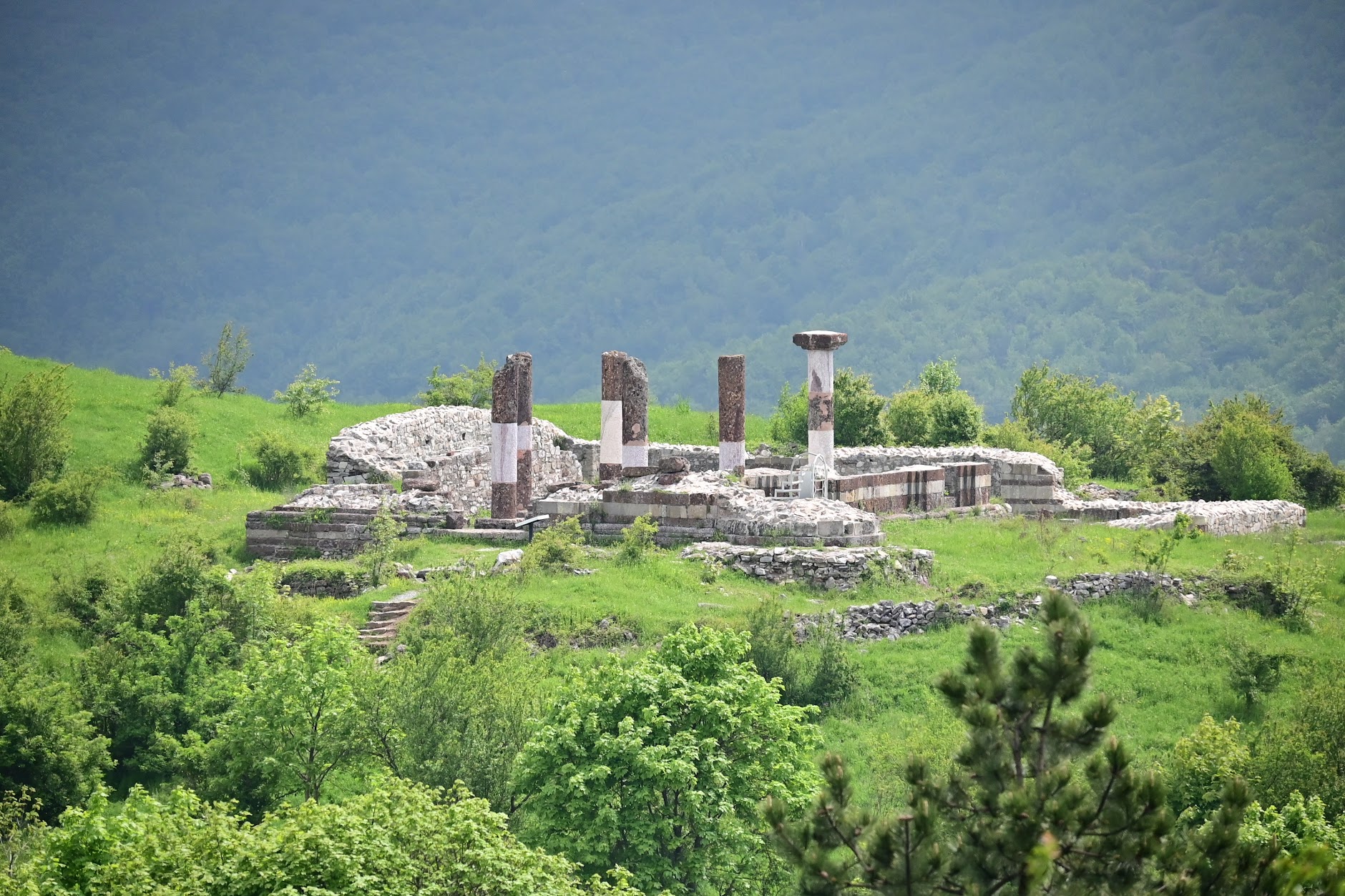
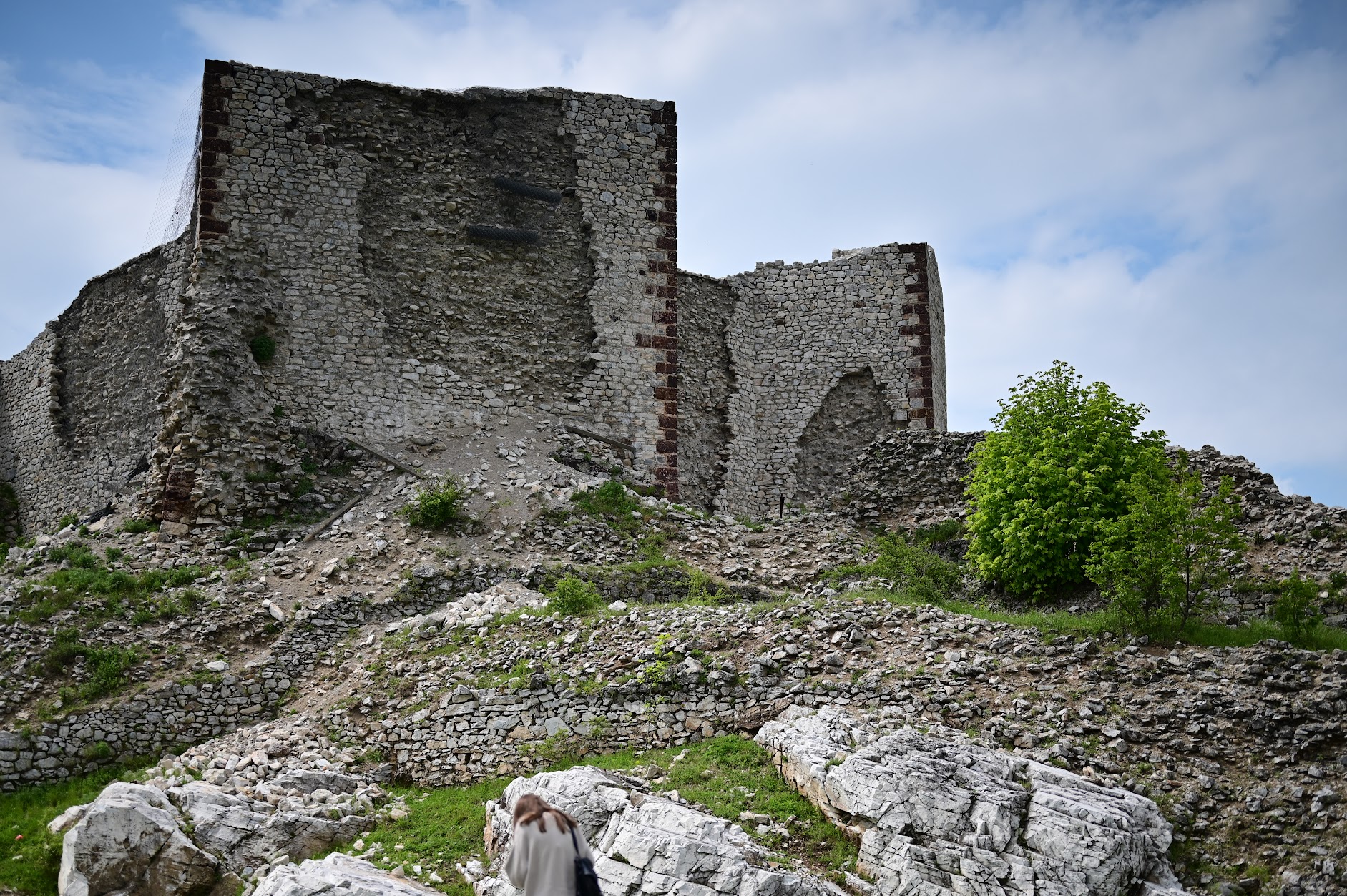

Photos by: Enis Mustafa

